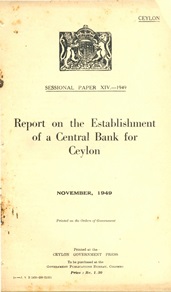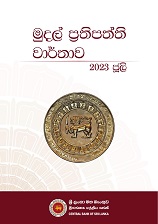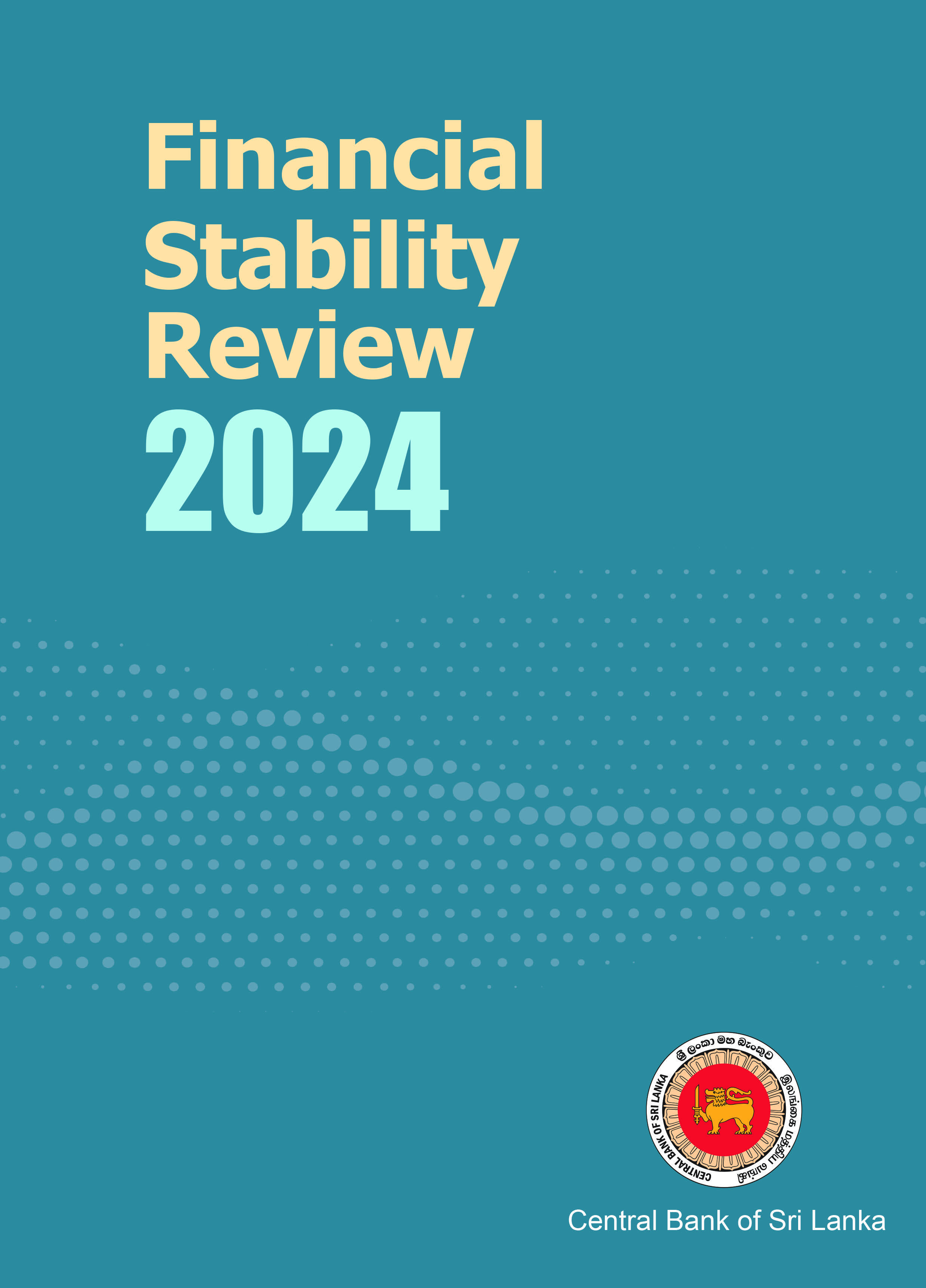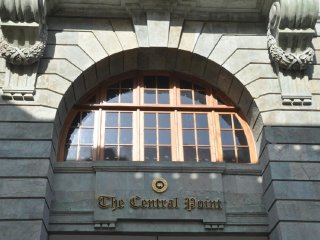On 03 June 2016, the Executive Board of the International Monetary Fund (IMF) approved a three year Extended Fund Facility (EFF) of SDR 1.1 billion (approximately USD 1.5 billion) for Sri Lanka to support the balance of payments (BOP) position and in support of the government’s economic reform agenda. This amount is equivalent to 185 per cent of the country’s current quota with the IMF. The first tranche under the EFF amounting to SDR 119.9 million (approximately USD 168.1 million) will be made available to Sri Lanka immediately. The remaining amount will be disbursed in six tranches over a period of three years, with the final tranche is expected to be disbursed in April 2019. The interest rate applicable on the EFF, the basic rate of charge is equivalent to the SDR interest rate, which currently stands at 0.05 per cent per annum, plus 100 basis points. Hence, the interest rate of the EFF facility is significantly lower than the prevailing market rates. The IMF is expected to conduct regular reviews of the country’s economic performance commencing November 2016.
The decision by the Sri Lankan authorities to seek an EFF from the IMF stemmed from both external and domestic developments. Externally, there has been renewed global economic uncertainty, particularly with the slowdown of the Chinese economy, fears of a Britain’s exit from the European Union, and adverse geopolitical developments in the Middle East. At the same time, the monetary policy normalisation in the United States prompted an outflow of funds from emerging market and developing economies, including Sri Lanka. Despite the low level of international commodity prices, the slowdown in the growth of demand in Sri Lanka’s traditional export markets and capital outflows exerted significant pressure on the external sector generating an overall deficit in the BOP. The government and the Central Bank adopted corrective measures to help dampen the pressure on the BOP and the domestic foreign exchange market. In particular, greater flexibility was allowed in the determination of the exchange rate, new macroprudential regulations were introduced as selective demand management instruments and monetary policy was tightened commencing end 2015. Nevertheless, the structural issues in the fiscal and external sectors persisted, and the government was of the view that an IMF support would further strengthen the government’s efforts to address structural issues.
In response to the request for an EFF by the Sri Lankan authorities, a team of IMF officials visited Sri Lanka in March/April 2016, and conducted several rounds of discussions with the Sri Lankan authorities. The discussions with the senior staff of the IMF were continued by the Sri Lankan delegation to the IMF during its Annual Meetings in April 2016. Subsequent to the successful completion of technical level negotiations, meeting of the recommended prior actions by the government, and the signing of the Letter of Intent (LOI) by Sri Lankan authorities in May 2016, the EFF was approved by the Executive Board of the IMF on 03 June 2016.
The approval of the EFF by the Executive Board of the IMF signals its support for the government’s economic reform agenda over the medium term. The government plans to introduce fundamental and comprehensive reforms to tax policy and administration, which will ease the burden of public debt and the pressure on the BOP while providing fiscal space for the government’s key social and development spending programmes. Accordingly, a steady reduction of the overall budget deficit to 3.5 per cent of GDP is expected by 2020. The reform agenda also focuses on transforming State Owned Enterprises (SOEs) into commercially viable entities, underpinned by cost reflective pricing mechanisms and transparent governance. The gradual building up of foreign reserves and maintenance of inflation at mid-single digit level are also expected under the EFF supported economic programme. Other key structural reforms include trade facilitation through the reduction of protection and the pursuit of new trade agreements. In the meantime, the Central Bank is expected to move towards introducing flexible inflation targeting as its monetary policy framework supplemented by the continuation of the flexible exchange rate policy.
The approval of the EFF is expected to attract additional funds from other multilateral and bilateral sources for the successful implementation of the reform agenda of the government. Therefore, the outcomes of the EFF supported economic programme will result in improving macroeconomic stability, bolster market confidence, enhance competitiveness and outward orientation and strengthening external resilience in a challenging global environment. This, in turn, will help facilitate high and inclusive growth in Sri Lanka, enabling the exploitation of Sri Lanka’s economic potential.
Further information can be downloaded from the IMF website: https://www.imf.org/external/country/LKA/index.htm?pn=2










